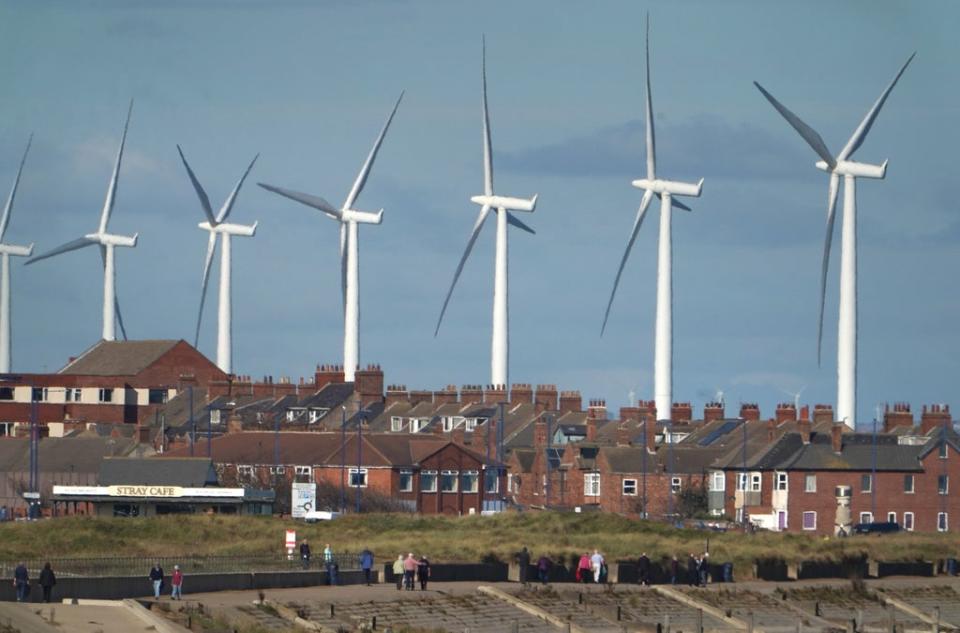COP26: The hard work of making net zero happen

Next week, the Good, the Bad, the Ugly and Politicians meet for the 26th United Nations Climate Change conference in Glasgow. Global leaders will update us on how they’ve cut Co2 emissions since COP20 5-years ago in Paris, and “commit” to “binding” net-zero targets. Presidents Xi and Putin won’t be attending – Boris will.
Climate change mitigation is about energy transition. 77% of emissions causing global warming come from transport and power derived from fossil fuels. If we can cut the economy’s reliance on coal, oil and gas by transiting to renewable power sources, then we might get the 80% reduction in CO2 emissions required by 2030 to reach global net zero by 2050, thus limiting global temperature rises to a “manageable” 1.5 degrees. We could achieve it overnight – but then the global economy would collapse and we’d all starve or freeze or both. The trick is to optimise reduced CO2 while maintaining standards of living – failure means global mass migration and climate wars.
The International Energy Authority says renewables now account for 28% of global energy production, up 2% in a single year! We’ve embraced them because the costs of wind and solar power, and battery storage, have dramatically fallen. Wind costs are down 50% in a decade! Solar power in 2030 is expected to be 1/20th of the price 10-years ago.
Renewables work but have issues; weather means wind and solar are intermittent, the carbon costs of construction are huge, it takes years to achieve carbon neutrality (solar panels take 4 years, and 3 years for an electric vehicle’s battery), there are questions about maintenance and replacement, and supply chain and recycling chokepoints are appearing in commodities like lithium. Any renewable energy future is going to require a massive increase in minerals, rare-earths and metals mining – raising social and environmental costs.
The market has embraced renewables. Under the banner of ESG (Environment, Social and Governance), most investment managers now claim to be green and won’t fund anything fossil fuel related. They see improved returns from Renewables – creating a virtuous circle where renewable stocks go higher as fossil fuels tank. The result is companies with a high ESG rating trade at up to a 25% premium to the poorer ones, and can raise finance some 10% cheaper.
But what we’ve seen so far has been the easy yards of the long-term decarbonisation shift. EVs are not rocket science. Windmills are millennia old-tech. Solar panels are great when it’s not raining. They were all established technologies – and relatively upscale and innovate for the modern age. We embraced Wind, Solar and Lithium batteries because they were proven, cheap and promised swift payback – and there is nothing the market likes as much as short-term returns.
The fashion for ESG assumes renewables are a complete solution – that wind and solar can be ramped up from 28% to 100% - which is dangerous nonsense. Over the past decade it’s become increasingly difficult to finance fossil fuel exploration or production. The result is a new energy crisis – the UK and Europe ignored the reality we will need Gas for decades to provide power during the transition to clean energy, but having neglected how to source or store it. The result is the deepening crisis for European Energy Security and an increasingly dangerous dependency on Russia for supplies.
The next and very necessary stage of de-carbonisation is likely to prove more difficult and more expensive. There are many more problems to be solved. The first are technical; diversifying renewable power sources, sequestering carbon and introducing proper carbon taxes and costs. Wind and Solar were easy but unreliable. Tidal energy is ultra-reliable, but comes at a higher cost because the sea is an unfriendly environment for any piece of high-tech kit dunked in it. Tidal remains in the slow lane, even though industry experts have shown costs would quickly tumble on widespread adoption to make them cheaper and more reliable than wind.
It takes years and billions to build a nuclear power station, or to develop smaller and more nimble nuclear alternatives. There are battery solutions which will be less dependent on dirty, socially questionable elements like lithium, but they are still a few years from commercial roll out. They require long-term investment – which is difficult due to the market’s short-termism.
The second issue is the reality of changing the global economy from high growth to carbon neutral growth, something no politician will talk about it as it looks like a poorer future. Changing lifestyles and cutting meat consumption and travel sound great – but for whom? Which developing nations are willing to tell their populations future growth is limited while the developed west looks relatively richer? The problem of free riding will not go away – at the individual or national level.
Politics is a game with a short frame focused on the next election – however much they say about future generations. Short-term solutions are favoured to garner immediate results. Sound bites allowing politicians to bask in glory on their well intentioned but short-term plans will flavour the conference.
The hard work is making it happen.
Read More
UK to provide £3bn to fund green technology in developing nations
CNN mocked for suggesting COP26 is taking place in Edinburgh
Johnson warns ‘doomsday device’ of climate change is ticking in Cop26 speech

 Yahoo Finance
Yahoo Finance 